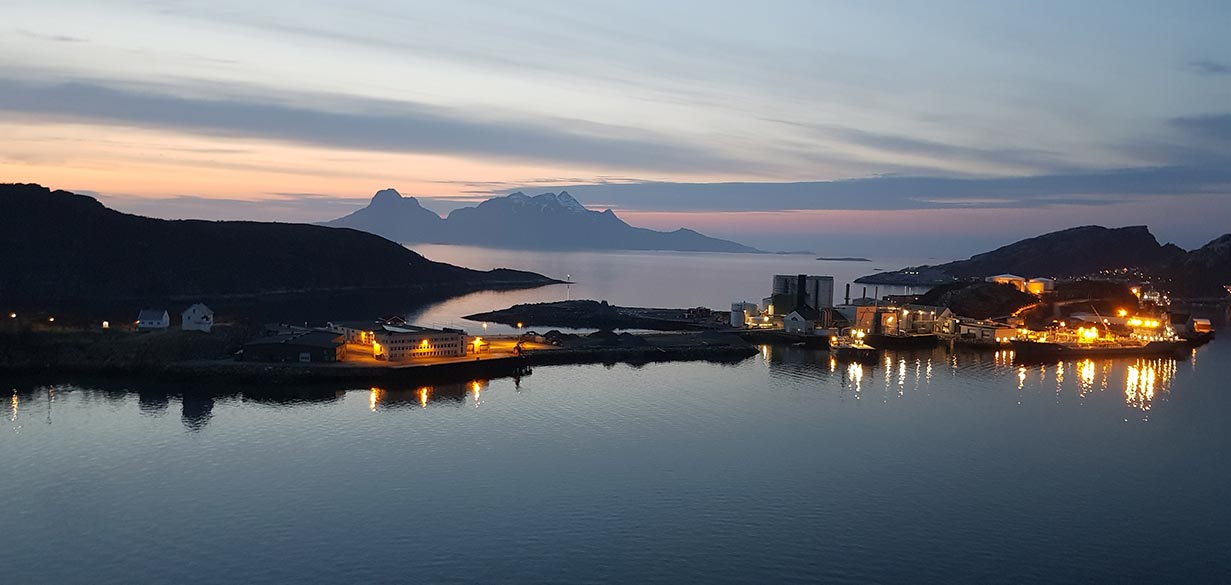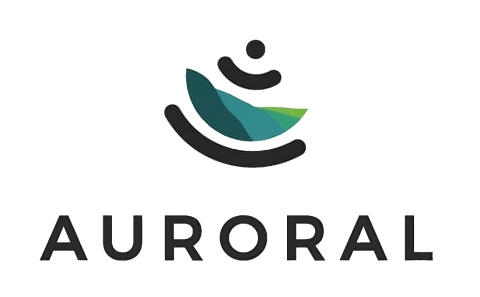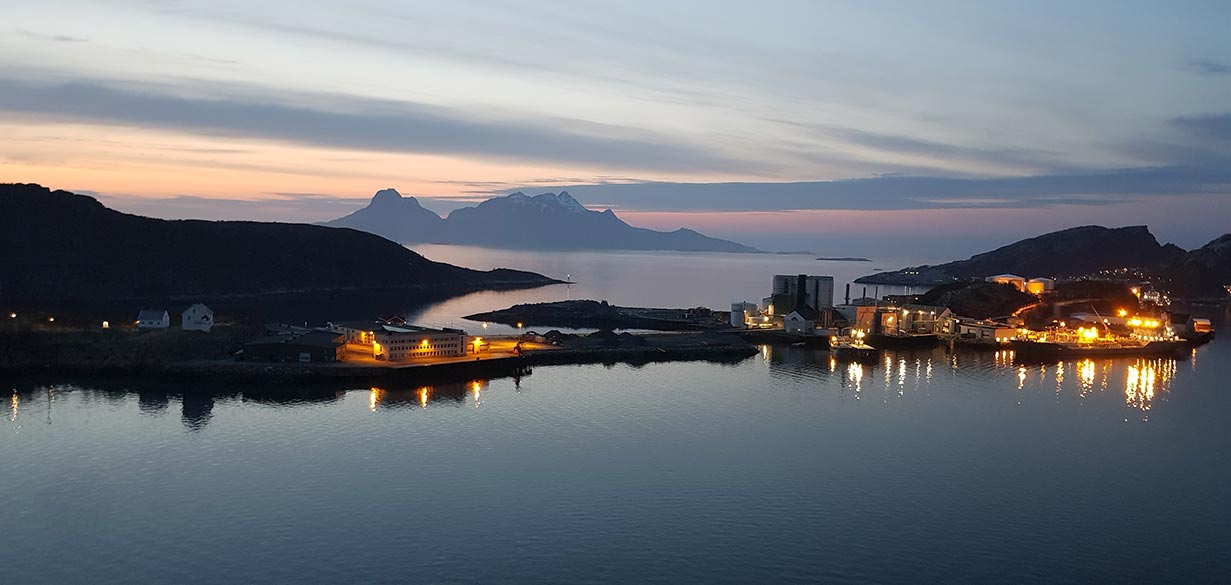AURORAL

In order to achieve a sustainable and lasting future in Europe, it is essential that both urban and rural areas manage to innovate continuously with the assistance of two major allies: connectivity and digitalisation. Nevertheless, it is noticeable the digital divide between the two locations, which is mainly caused by the rural lower population, insufficient investments, connectivity gaps, and lack of digital skills. This deficiency leads to demanding challenges to sustain the development of private businesses and public services in the area, which negatively impacts socioeconomic indicators. To address the issue, the Horizon 2020 project AURORAL (Architecture for Unified Regional and Open Digital Ecosystems for Smart Communities and Wider Rural Areas Large Scale Application) is developing a digital ecosystem based on openness, multi-interoperability, and decentralisation, which can help sustain the Smart Transformation of rural communities. The aim is to create a more cohesive and effective digital infrastructure that can provide essential services and create new job opportunities in rural areas.
The project is also creating the ground-breaking concept of Smart Communities: a new European paradigm for sustainable development based on the implementation of innovative solutions to improve communities’ resilience.
AURORAL is now working on 8 European pilot regions to study the best strategies to face the main challenges of rural urbanisation:
- Pilot 1: Intelligent mobility and logistics in Lapland, Finland. The region’s harsh climate and sparse population cause inconveniences in travel and transport. This pilot operates as a testing ground for smart mobility and logistics solutions while targeting natural resource-based industries' electrification and decarbonisation.
- Pilot 2: Precision dairy farming and social eco-tourism in Piedmont, Italy. The rural area of Cuneo in Piedmont aims to enhance agriculture and forestry competitiveness and sustainability. A precision system pilot targets dairy production, livestock farming and agritourism to improve energy efficiency, water management, and the environment.
- Pilot 3: Bioenergy production from wineries’ agroforestry residues in Penedès, Spain. The municipality of Vilafranca del Penedès, in the Catalan wine region of Penedès, is leveraging the vine shoots’ pruning residues as an energetic value, creating a new business linked to the entire biomass value chain.
- Pilot 4: Improving energy advisory services to the public with an open-access smart tool in Västerbotten, Sweden. Västerbotten is now developing a smart tool to improve energy advisory services for rural homeowners. The pilot project is designing an energy database, a smart platform for rural homeowners and implementing the latter in selected areas.
- Pilot 5: Smart mobility and digital guiding for historical and nature-based attractions in rural areas in Hålogaland, Norway. This pilot’s objective is to demonstrate how e-platforms and IoT devices can be leveraged to improve services, decision-making and accessibility to the beauty of the region while managing the impact on the environment and the local community.
- Pilot 6: Strengthening preparedness through coordination of local knowledge in health-critical remote operations in Hålogaland, Norway. Due to Hålogaland islands’ critical landscape and weather conditions, the delivery of different kinds of healthcare is demanding, particularly in emergencies and inaccessible locations. This pilot intends to utilise drones to offer safer, faster and more sustainable delivery of food, medical supplies and services for both humans and animals.
- Pilot 7: Sustainable mobility, Smart Tourism, Smart Energy Systems and digital public services in Southern Burgenland, Austria. Southern Burgenland is known for its tourist-drawing sustainable energy, nevertheless, it is also characterised by the most flawed public transport infrastructure in the country. AURORAL aims to enhance tourism and public services by creating a rural cross-sectoral digital environment as well as a marketplace platform for the region.
- Pilot 8: Digital services creating critical mass in Alentejo, Portugal. The Alentejo pilot project aspires to revitalise the region through interconnected rural Smart Communities and is the setting of 6 use cases focused on healthcare, mobility, energy, tourism and agriculture, deploying innovative cross-sector digital services for healthy ageing, MaaS (Mobility as a Service), smart energy, net-zero communities, integrated destination management, and data-driven farming.

Mission
The H2020-AURORAL project seeks to support Smart Communities development and balance urban and rural opportunities in order to guarantee lasting and equal sustainability all across Europe. The project is also contributing to the living-in.eu movement, aimed at creating a European Way of digitally transitioning, by encouraging and supporting the implementation of digital solutions. AURORAL sustains the New European Bauhaus (NEB)’s guidelines of Inclusivity and Sustainability.
Technical factsheet
- Date: January 2021-December 2024
- Funded Co-funded
- Location Finland, Italy, Spain, Norway, Sweden, Austria, Portugal, European
- Value 16,265,962.26 €
- Application category Innovation
- Related Technical Working Group Community and Sustainability
